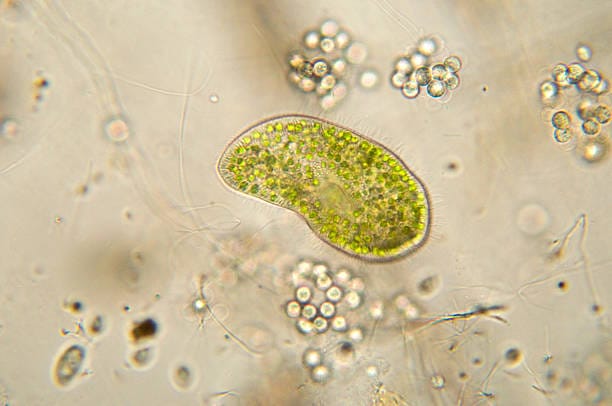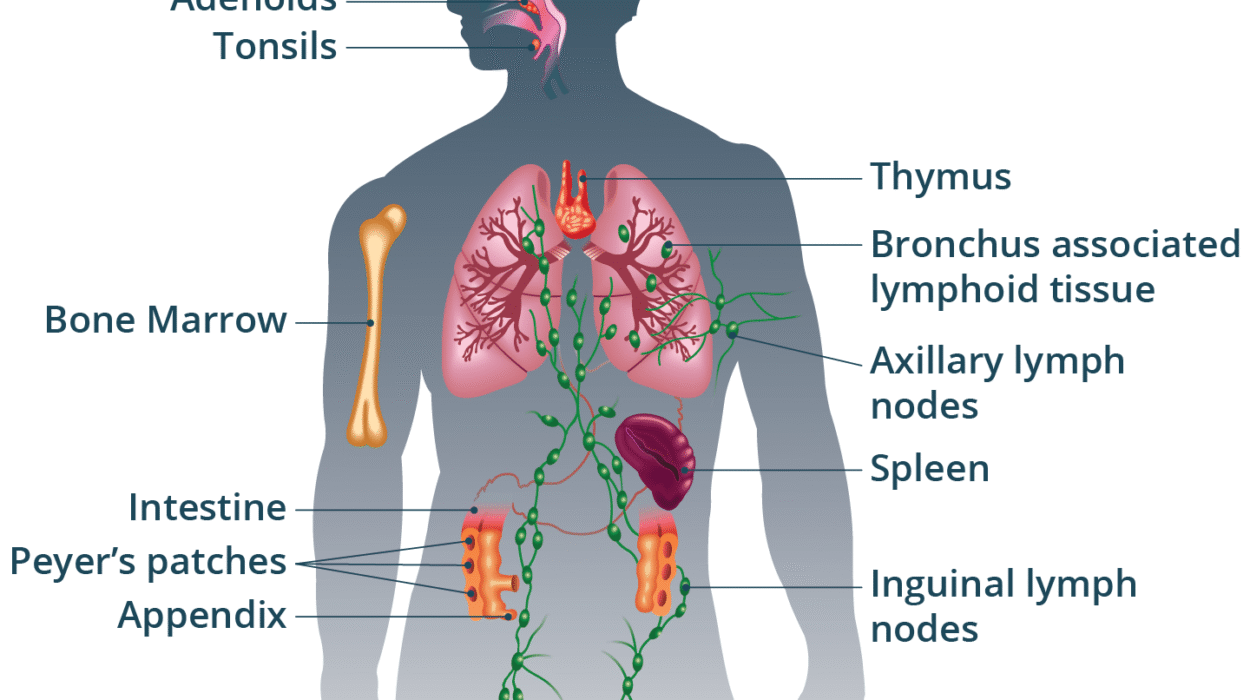The mind-gut connection—sometimes referred to as the “second brain”—has long fascinated scientists and health enthusiasts alike. Most of us are familiar with the idea that stress, anxiety, and even joy can affect the stomach, causing us to feel butterflies, nausea, or a knot in our stomach. But what if the gut’s influence extends far beyond just digestion and occasional discomfort? What if your gut isn’t merely responding to your brain’s cues but is actually controlling your brain in ways you might never have imagined? In this article, we will explore how your gut might be influencing your thoughts, emotions, and behaviors, and how this connection is reshaping the way we think about mental health, wellbeing, and disease.
The Gut-Brain Connection: A New Frontier in Science
For centuries, the brain has been considered the body’s command center, dictating every action and decision. The idea that the gut could have a similar role in regulating our emotions, thoughts, and mental health seems almost too unconventional to believe. However, recent scientific discoveries have proven otherwise, suggesting that the gut plays a much more active role in controlling brain function than previously understood.
It all starts with the vagus nerve, a long nerve that runs from the brainstem all the way down to the gut. This nerve allows for communication between the brain and gut, and it plays a crucial role in regulating many bodily functions, including digestion and emotional regulation. However, scientists have recently discovered that this nerve doesn’t just carry signals from the brain to the gut but also transmits signals in the opposite direction, meaning the gut can send messages to the brain as well.
The Role of Gut Microbiota
To further understand this complex relationship, we must explore the role of gut microbiota—trillions of bacteria, fungi, viruses, and other microorganisms that live in our intestines. These microbes are essential for digestion, immune function, and metabolism. However, they also produce a wide variety of chemicals, including neurotransmitters and hormones, which can directly influence our brain’s function.
One of the most important neurotransmitters produced in the gut is serotonin, a chemical that regulates mood, sleep, and appetite. Interestingly, around 90% of the body’s serotonin is found in the gastrointestinal tract, not the brain. This suggests that our gut microbiota plays a pivotal role in regulating mood and behavior. A balanced and diverse microbiome can support the production of these beneficial chemicals, whereas an imbalanced microbiome can lead to the production of harmful substances that might disrupt brain function.
How Gut Health Affects Mental Health
One of the most fascinating aspects of the mind-gut connection is the impact that gut health can have on mental health. Increasing evidence points to a strong link between gut microbiota and mood disorders such as depression, anxiety, and even conditions like schizophrenia. Researchers are now exploring how gut bacteria can influence the production of neurotransmitters, which in turn affect our thoughts, emotions, and behaviors.
The Gut’s Influence on Depression
Depression is one of the most common mental health conditions globally, and its effects are deeply disruptive. While the causes of depression are multifactorial—encompassing genetics, environmental stressors, and brain chemistry—there is mounting evidence that the gut microbiota may also play a significant role in the development and progression of depressive symptoms.
In one study, researchers found that patients with depression often have an imbalanced gut microbiome, with fewer beneficial bacteria and a higher number of harmful bacteria. This imbalance, known as dysbiosis, has been shown to increase inflammation in the body, which is thought to be one of the underlying causes of depression. Inflammation can affect brain regions responsible for mood regulation, leading to symptoms of depression.
Interestingly, some studies have suggested that improving gut health—through dietary changes, probiotics, or antibiotics—can have a positive effect on mood and mental health. For example, a study published in Psychiatry Research found that patients who took probiotics experienced a reduction in depressive symptoms. While more research is needed to fully understand the gut-brain connection in relation to depression, these findings point to the possibility that improving gut health might be an effective way to combat mood disorders.
Anxiety and the Gut Connection
Anxiety is another mental health condition that has been shown to be closely linked to gut health. Like depression, anxiety is thought to result from a combination of genetic, environmental, and neurochemical factors. However, new research suggests that gut bacteria may also contribute to the development of anxiety disorders.
One study, published in the journal Gastroenterology, found that mice with an imbalanced gut microbiome exhibited behaviors associated with anxiety, such as increased fear responses and social withdrawal. When these mice were given probiotics, their anxiety-like behaviors decreased, suggesting that manipulating the gut microbiome could potentially alleviate symptoms of anxiety.
There are several mechanisms through which the gut may influence anxiety. For example, gut bacteria produce short-chain fatty acids (SCFAs), which have been shown to influence brain function and behavior. SCFAs are produced when gut bacteria ferment dietary fibers, and they play a role in regulating inflammation, immune function, and neurotransmitter production—all of which are involved in anxiety regulation.
Autism Spectrum Disorder (ASD) and the Gut
Autism Spectrum Disorder (ASD) is a complex developmental condition that affects social interaction, communication, and behavior. In recent years, researchers have been exploring the connection between the gut microbiome and autism, with some studies suggesting that children with ASD often have an imbalanced gut microbiome, which could contribute to the symptoms of the disorder.
While the relationship between the gut and autism is still being studied, some preliminary research indicates that restoring balance to the gut microbiome through dietary interventions or probiotics may help reduce symptoms of ASD. For example, a study published in Microorganisms found that children with ASD who took probiotics showed improvements in behavior, social communication, and gut health.
The Impact of Stress on the Gut and Brain
Stress is one of the most common triggers of gut disturbances, and chronic stress can have a profound impact on both mental and gut health. When the body experiences stress, it activates the hypothalamic-pituitary-adrenal (HPA) axis, a system that regulates the release of stress hormones like cortisol. These hormones are important for helping the body respond to stress, but when they are constantly elevated—due to chronic stress or anxiety—they can cause a number of negative effects on both the brain and gut.
For example, chronic stress has been shown to disrupt the gut microbiome, leading to an increase in harmful bacteria and a decrease in beneficial bacteria. This imbalance can result in inflammation, digestive problems, and a weakened immune system. Additionally, chronic stress can cause changes in brain chemistry, impairing the function of neurotransmitters like serotonin and dopamine, which are critical for mood regulation.
Interestingly, the relationship between stress, gut health, and brain function is bidirectional. Not only does stress affect the gut, but gut disturbances can also amplify feelings of stress and anxiety. This creates a vicious cycle where stress disrupts the gut microbiome, and an imbalanced gut microbiome exacerbates stress and anxiety. Breaking this cycle requires a holistic approach that addresses both the mind and gut.
How to Improve Gut Health and Brain Function
Given the profound impact that gut health can have on brain function and mental health, improving your gut health may be one of the most effective ways to boost your overall well-being. Fortunately, there are several strategies you can adopt to support your gut microbiome and, in turn, improve your mental health.
1. Eat a Diverse and Fiber-Rich Diet
One of the most important ways to improve gut health is by consuming a varied and fiber-rich diet. Fiber serves as food for gut bacteria, helping them thrive and maintain a balanced microbiome. Aim to incorporate a wide range of plant-based foods, including fruits, vegetables, whole grains, legumes, nuts, and seeds. A diverse diet ensures that different types of bacteria in the gut are fed, promoting a healthy and balanced microbiome.
2. Consume Fermented Foods
Fermented foods are rich in probiotics—live bacteria that can help restore balance to the gut microbiome. Foods like yogurt, kefir, kimchi, sauerkraut, kombucha, and miso are all excellent sources of probiotics. Incorporating these foods into your diet can help boost the number of beneficial bacteria in your gut, potentially improving mood and reducing symptoms of anxiety and depression.
3. Take Probiotics and Prebiotics
In addition to consuming fermented foods, you can also consider taking probiotic supplements, especially if you have digestive issues or have been prescribed antibiotics. Prebiotics, which are compounds found in certain foods like garlic, onions, and bananas, can also help nourish beneficial gut bacteria. Together, probiotics and prebiotics can work synergistically to support a healthy gut microbiome.
4. Manage Stress
Since stress can significantly impact gut health and mental health, finding ways to manage stress is crucial. Practices like meditation, deep breathing, yoga, and mindfulness can help reduce stress and promote relaxation. Additionally, regular physical exercise has been shown to improve both gut health and mental well-being, making it a powerful tool for managing stress.
5. Get Enough Sleep
Sleep is essential for both brain and gut health. Poor sleep has been linked to an imbalanced gut microbiome and an increased risk of mental health issues. Aim for seven to nine hours of quality sleep each night to allow your body and gut to repair and rejuvenate.
Conclusion: Embracing the Gut-Brain Connection
The connection between the gut and brain is a fascinating and rapidly evolving area of research. As we continue to learn more about how our gut microbiome influences brain function, we are beginning to understand that mental health is not solely the product of the brain but is deeply interconnected with our digestive system.
By paying attention to our gut health, making mindful dietary choices, managing stress, and supporting our microbiome, we can foster a healthier mind and body. So, the next time you experience a gut feeling or notice that your emotions are affecting your digestion, remember that your gut and brain are in constant communication—and the balance between the two might be more important than you think.






